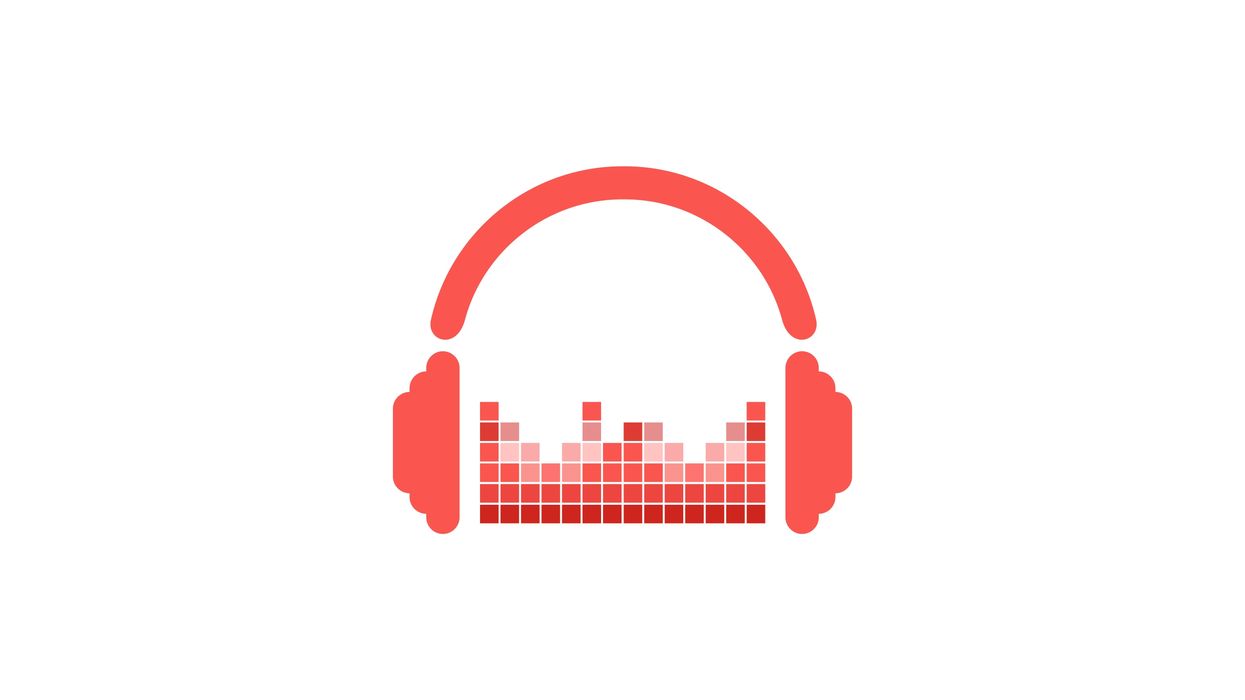The Fulcrum is partnering with Northwestern University to co-publish content from the Medill School of Journalism's Covid-19 Analyzer, which is investigating the truth about coronavirus-related claims by people in public life — particularly the pandemic's impact on elections. Read more in the Fact Check section.
In this week's episode of the Covid-19 Analyzer Podcast, Medill reporters examine voting and how states are working toward safer election procedures amid coronavirus concerns.
The hosts speak with experts across the country, including a national policy director at Vote At Home, about the debate around mail-in voting, implementing safer voting measures and repercussions from states like Wisconsin that keep voting stations open despite looming fears of the virus.




















Marco Rubio is the only adult left in the room